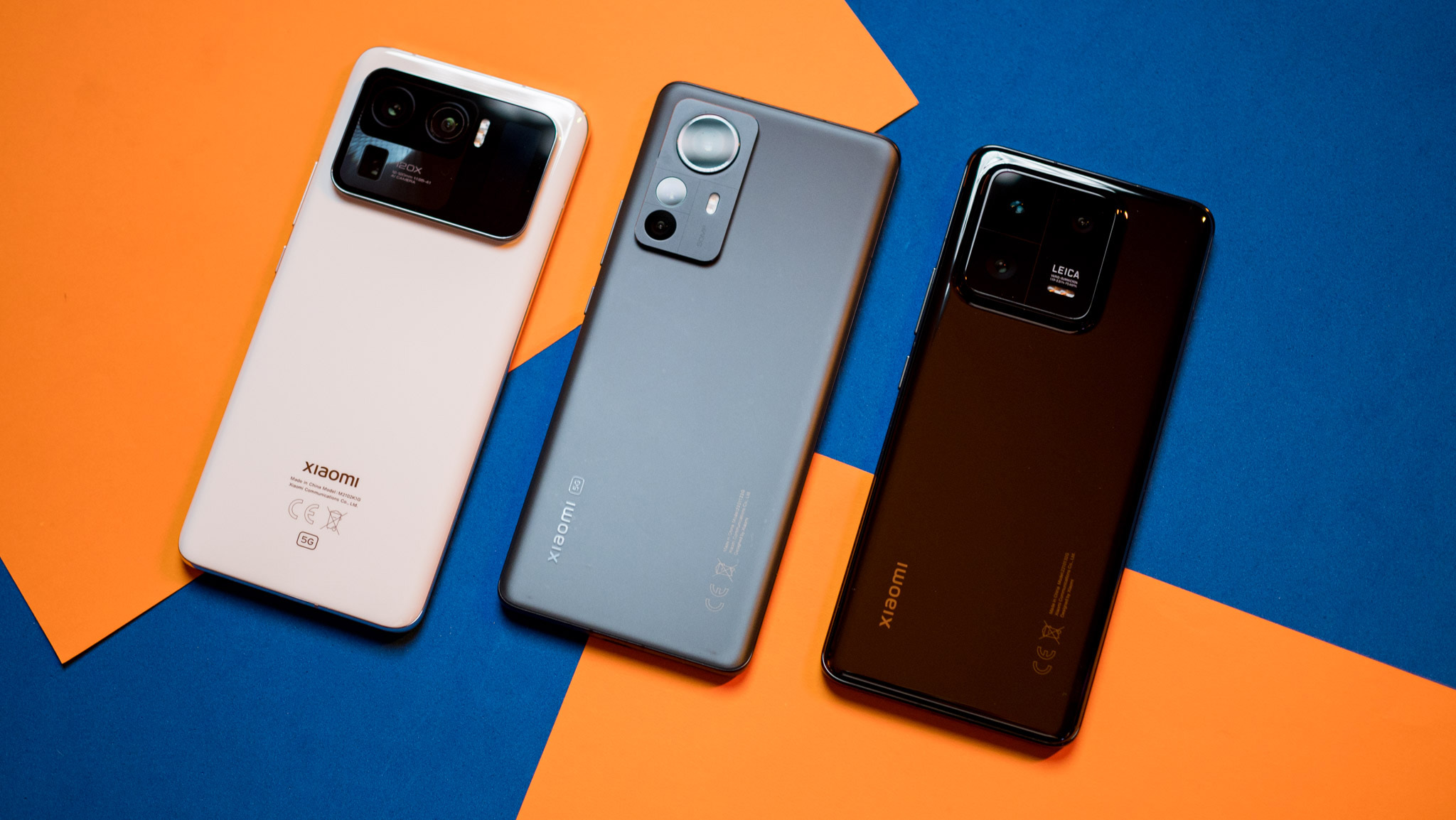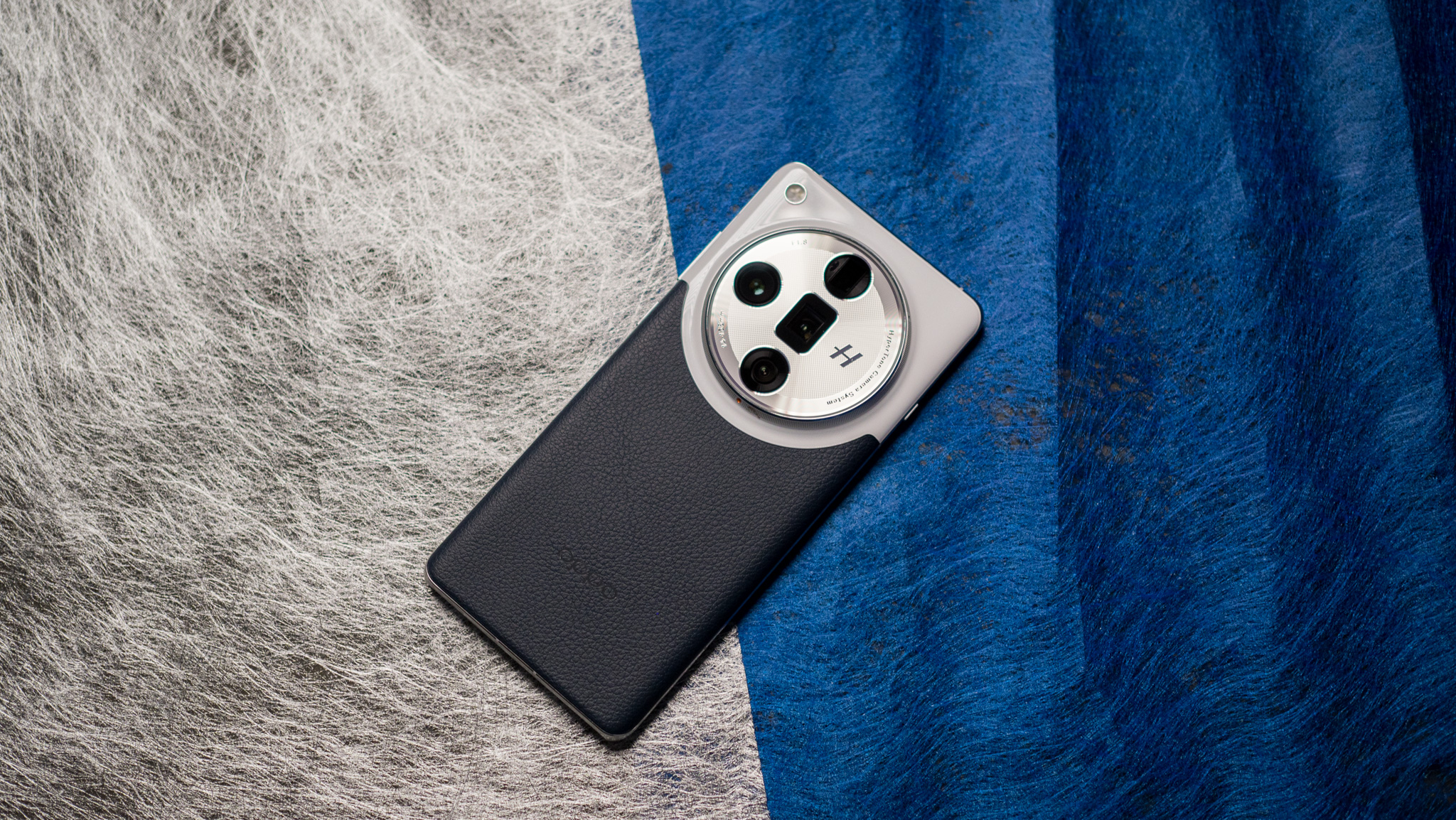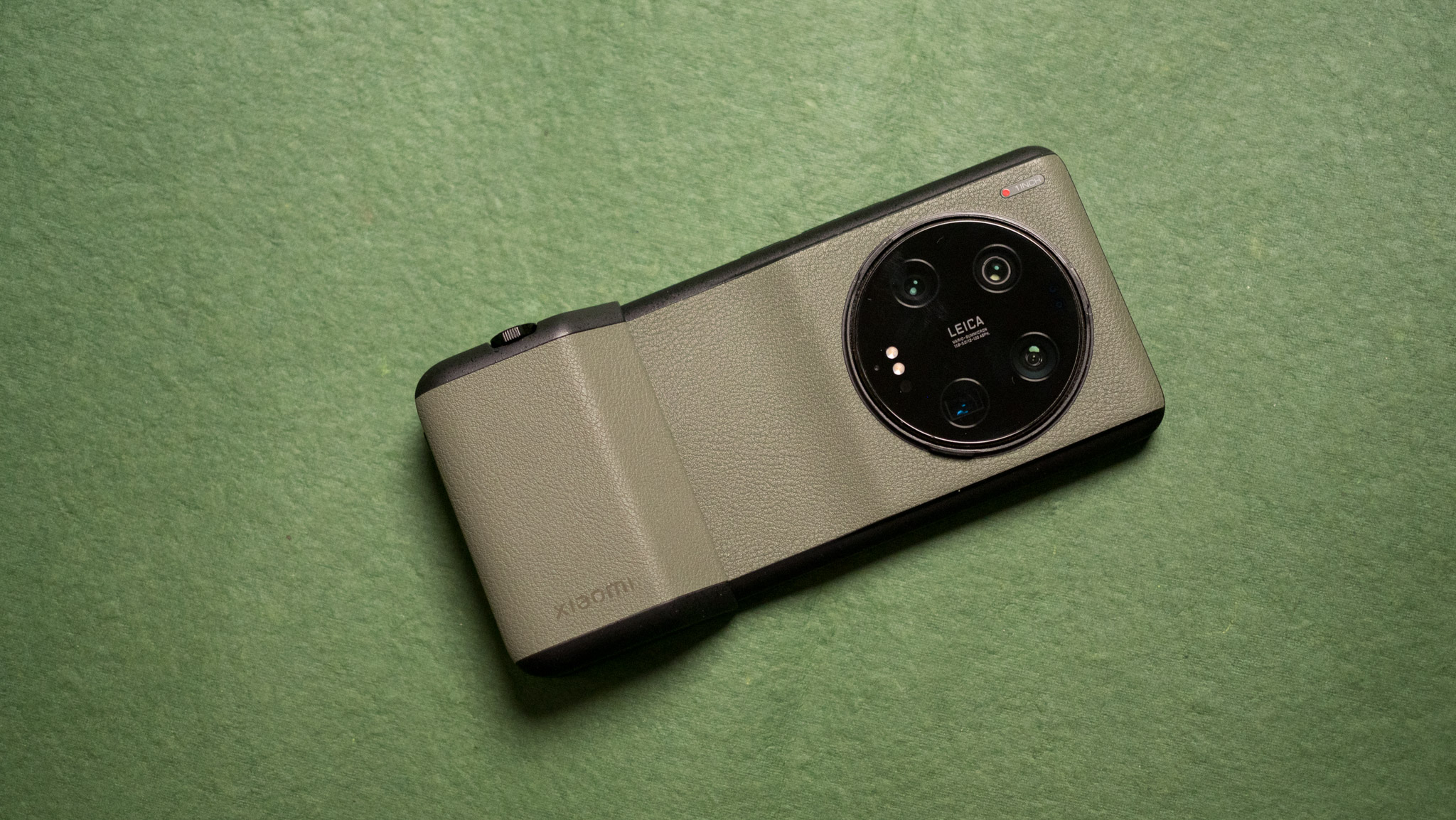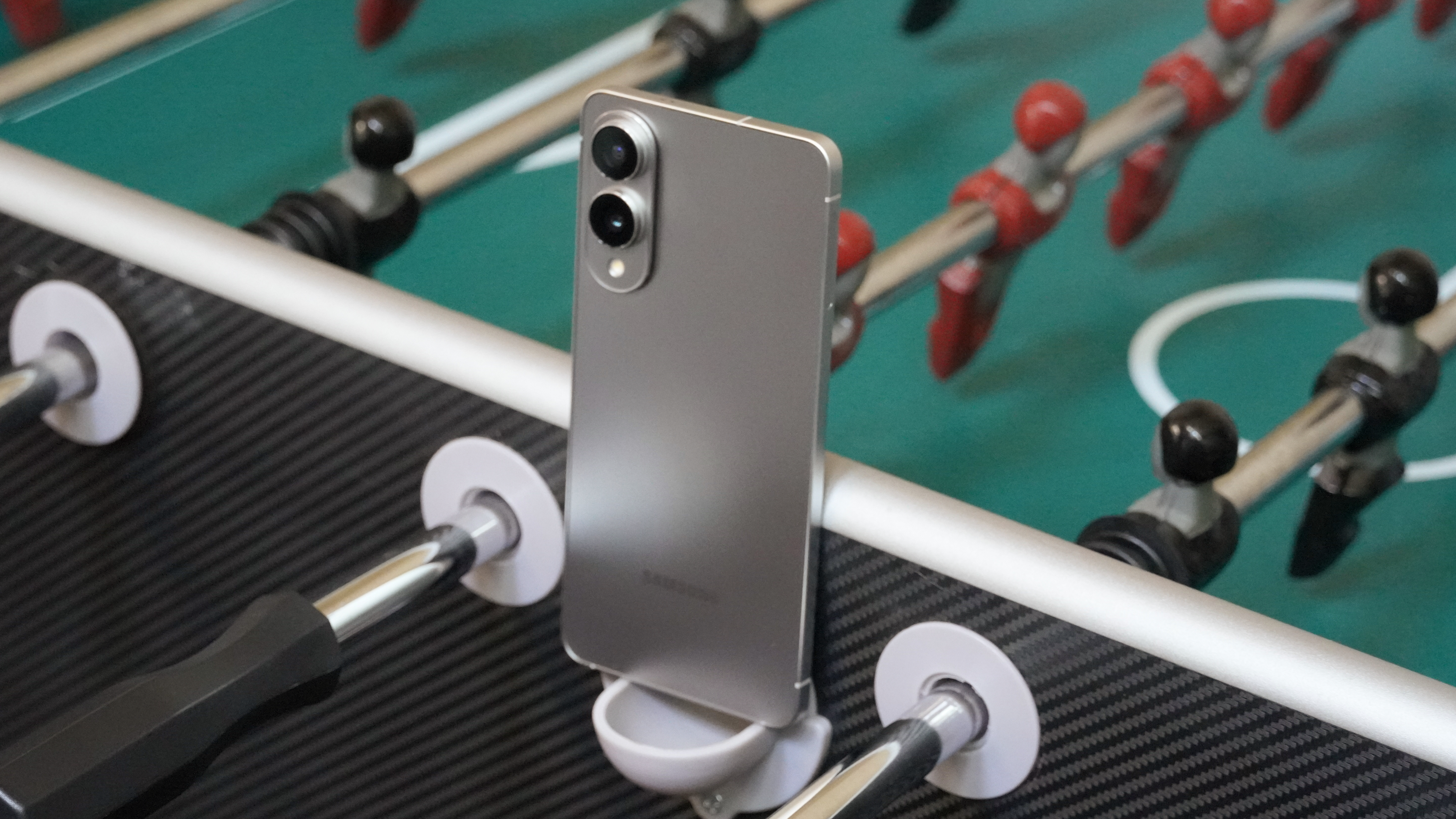Ask Jerry: What is FCC certification, and why do phones need it?
Let's talk about tech.

Welcome to Ask Jerry, where we talk about any and all the questions you might have about the smart things in your life. I'm Jerry, and I have spent the better part of my life working with tech. I have a background in engineering and R&D and have been covering Android and Google for the past 15 years.

Ask Jerry is a column where we answer your burning Android/tech questions with the help of long-time Android Central editor Jerry Hildenbrand.
I'm also really good at researching data about everything — that's a big part of our job here at Android Central — and I love to help people (another big part of our job!). If you have questions about your tech, I'd love to talk about them.
Email me at askjerryac@gmail.com, and I'll try to get things sorted out. You can remain anonymous if you like, and we promise we're not sharing anything we don't cover here.
I look forward to hearing from you!
What is FCC certification? Why do we need this?

Dustin asks:
Why do phone manufacturers like Xiaomi, Oppo, Vivo, IQOO, etc. send their phones to the FCC for approval if they don't ultimately get released in the US?
Thanks!
Get the latest news from Android Central, your trusted companion in the world of Android
This is a really good question, Dustin, thanks for asking. I think a lot of people will be interested in finding out what FCC certification is for and, of course, why companies get it even if they have no plans to sell products in the states. I know I was when I got your email!
As usual, I like to start with the easy answer and get it out of the way:
FCC certification (for phones and other wireless devices) makes sure the equipment doesn't interfere with other equipment. For approval, a manufacturer has to set specific limits on all radio signals — both intentional and unintentional — that can be sent out. Other tests do things like ensure the amount of radiation from a device isn't harmful, but the main goal of certification is to make sure a phone can't do something like mess with other equipment.
Any phone sold or marketed in the United States must get FCC approval for either commercial (Class A devices) or residential (Class B) use. If a device has the potential to emit radio signals, like for instance a microwave, it requires something similar known as a Supplier's Declaration of Conformity filed with the FCC.

Many phone manufacturers will also get FCC approval for devices they don't intend to sell in the U.S. As Dustin mentioned, it's common to see Xiaomi (for example) get a phone certified without any intention of selling it here.
Technically, these devices don't have to be certified, but doing so is a wise decision. It covers the manufacturer—and you—if you are using one in the U.S., regardless of whether or not it's sold here.
Thanks to the internet, it's fairly easy to get your hands on any of the best Android phones, even international ones, no matter where you live. A quick trip to Amazon will get you something like a Xiaomi Mi 13 Ultra, and even though it's a Chinese phone built for the Chinese market, it will work in many places in the States, too.
Not a lot of people are doing this. There's no guarantee it will work in your area because of network support, there is no warranty, and buying it is only half the solution; even after the language is set to English or Spanish, much of the phone is still in Mandarin until a different OS is flashed to the device. It's easier to buy a phone officially sold in the U.S.

We aren't most people. If you read about Android or smartphones on the internet, you're at least a partial nerd, and that's not a bad thing 😉. A lot of us would love to have some of these phones, even with the extra hurdles to jump through. I used the Xiaomi Mi 13 Ultra as an example because I would love to have one!
So, let's pretend I did shell out the money to import one into my nerdly hands. I certainly want to make sure that it can't interfere with other devices while I'm using it. Imagine the horror of my phone messing with equipment at a hospital or even causing problems with a TV signal or a Citizen's Band radio.
This means more than having regrets. You are going to be held financially responsible — the feds take this seriously. So is the manufacturer.
Xiamoi gets the device FCC certified as a way to cover its own ass, and inadvertently it covers yours, too. the company knows that people with this phone will vacation in the U.S. and that people in the U.S. will buy the product even though it's not "marketed or sold" in the United States officially.
Government involvement and regulations can be silly, mired in red tape, and often overstep their bounds. In this case, I think what the FCC does — something similar is done in most countries around the world — is a necessary evil. But so is companies getting the certification for products they don't intend to sell in the U.S.

Jerry is an amateur woodworker and struggling shade tree mechanic. There's nothing he can't take apart, but many things he can't reassemble. You'll find him writing and speaking his loud opinion on Android Central and occasionally on Threads.
You must confirm your public display name before commenting
Please logout and then login again, you will then be prompted to enter your display name.
